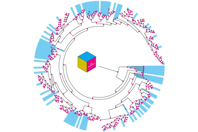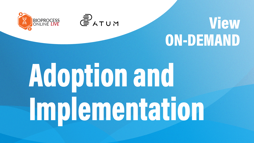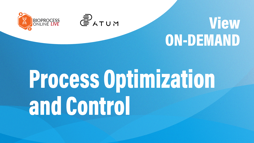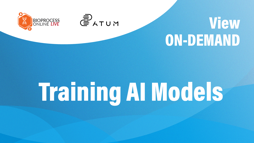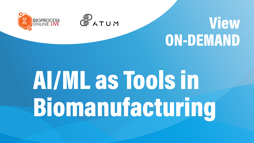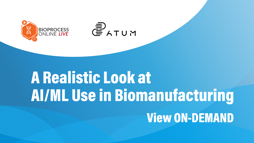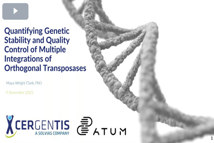
ABOUT ATUM
ATUM is a fully integrated California based CRO biotechnology industry leader. ATUM, over the last two decades, has served life science researchers by delivering the highest quality services including but not limited to Gene Design and Gene Synthesis, Protein Engineering, Protein Production, Leap-In Transposase®, and Cell Line Development. With a state-of-the-art machine learning platform, proprietary algorithms and thanks to its fully integrated Laboratory Information Management System (LIMS), ATUM takes you from virtual sequence to research cell bank with a click of a button. ATUM provides a continual commitment to innovation where services are built on bioengineered solutions to bring speed to market, supporting you from pre-clinical research through IND and beyond.
FEATURED PRODUCTS
-
Learn how this transient platform accelerates biologics production, seamlessly transitioning from discovery to stable CHO-K1, ensuring scalability, and reducing risks in manufacturing therapeutic biologics.
-
ATUM is building on DNA2.0's reputation for rapid, reliable and accurate DNA synthesis. Using our proprietary GeneGPS® and VectorGPS® platforms we design constructs optimized to express in your system, whether that's a single gene in E. coli, a metabolic pathway in yeast or a complex bispecific antibody in mammalian cells.
-
Find solutions to meet your gene, protein, antibody, or cell line needs using two gene synthesis platforms that enable the design of constructs optimized for maximal expression/yield in your system.
-
Improve your cell line development and achieve high productivity, rapid timelines, low risk development, and robust genetic stability with an innovative platform.
-
Explore a platform for antibodies with increased ADCC activity that's compatible with various host cell lines, works across multiple vector configurations, and reduces core fucose within any cell line.
-
Discover technology that enables a cost-effective, easily implemented cell line development workflow while delivering high productivity pools and cell lines.
-
Learn about antibody production and purification, engineering antibodies for developability, and antibody humanization while also exploring an integrated pipeline that enables the direct application of machine learning tools.
CONTACT INFORMATION
ATUM
37950 Central Court
Newark, CA 94560
UNITED STATES
Contact: Joe Barco



